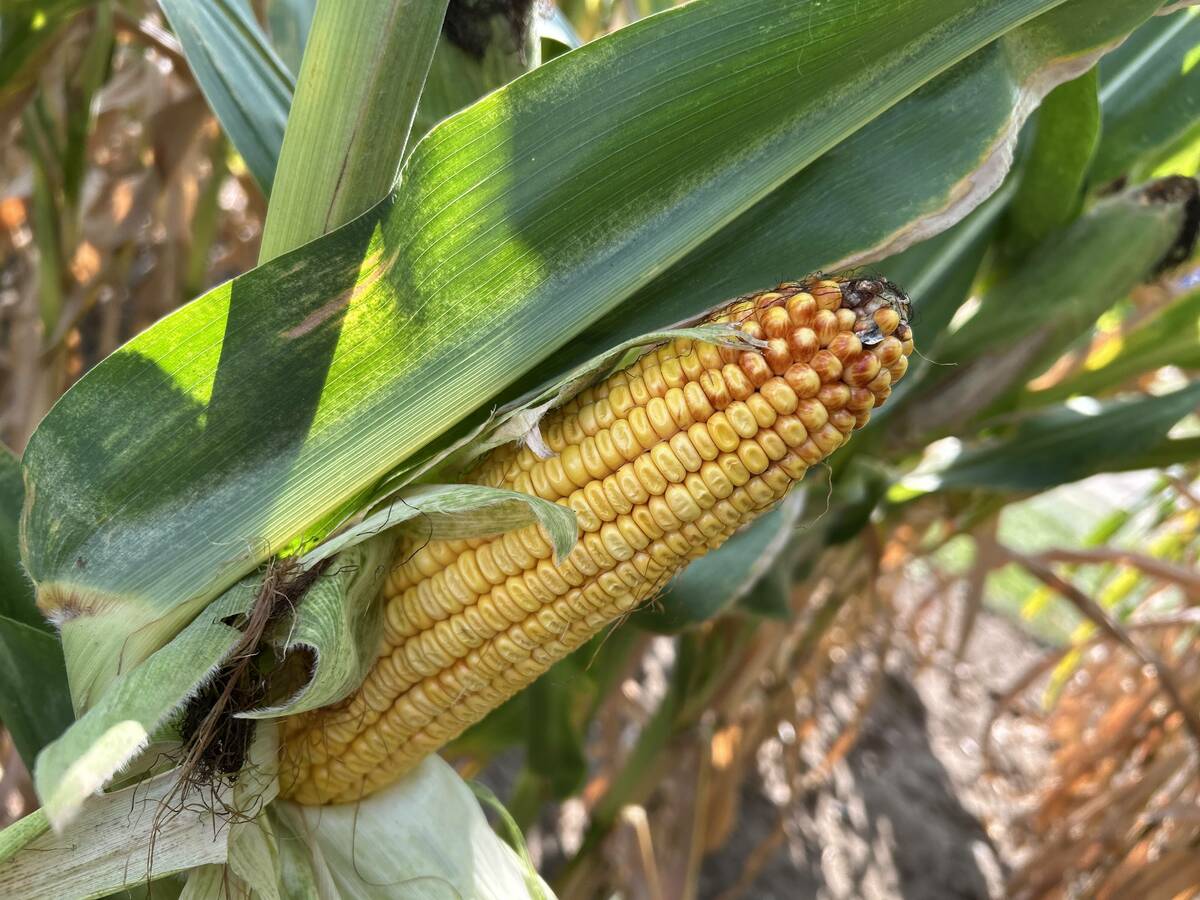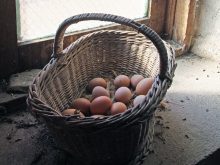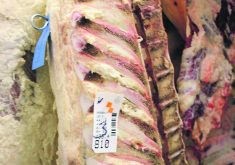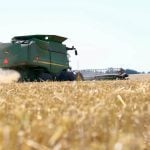Food imports face far less rigorous inspection than Canadian food exports and the result is a Canadian population at risk, says the president of the union representing federal food inspectors.
Bob Kingston, president of the agriculture union of the Public Service Alliance of Canada, also accused a senior Canadian Food Inspection Agency official Feb. 15 of misleading MPs about the level of import inspection.
Two days earlier, CFIA associate vice-president Paul Mayers told MPs that there is a common perception that imports are not as thoroughly inspected as exports or products destined for the Canadian market.
Read Also

Crop estimates show mixed results
Model-based estimates used by Statistics Canada showed the 2025/26 crop year has seen increases in canola, corn for grain, oats and lentils production while seeing dips in spring wheat, durum wheat, soybeans and barley in comparison to 2024/25.
“First, let me assure the committee that there is only one set of rules,” he said Feb. 13.
“Those rules apply to imports the same way they apply to products moving domestically. Indeed in the context of products that are exported, if there are additional considerations, those are not CFIA requirements.”
Kingston said that is not true.
“I hate to say this, but you’ve been seriously misinformed on a number of very important issues,” he told MPs.
“Regarding import inspection and testing, the committee was led to believe that the rules are the same for both imports and exports, that producers in Canada have a level playing field and that this is administered evenly. Nothing could be further from the truth.”
He said export inspection takes priority “because when they don’t do it, exports don’t move. Imports are discretionary and they get slid off the table in many cases.”
The PSAC leader said that on average, 100 percent of exports are inspected and just two percent of imports, although that import ratio rises for high-risk products and meat crossing the Canada-U.S. border.
Kingston said import inspections are the responsibility of the Canada Border Services Agency, whose agents have no food expertise. In many cases, the inspection is about checking for imported parasites or contaminated soil rather than food safety.
“This presents to Canada a ticking biological time bomb that is being ignored by both departments,” he said. “It also clearly represents an uneven playing field for Canadian producers.”
Pierre Lemieux, Conservative MP and parliamentary secretary to agriculture minister Gerry Ritz, told Kingston his allegations about Mayers misleading the committee were serious and he should either repeat them outside the committee where he could be sued or withdraw them.
Kingston said he has made the same statement publicly.
“I’m not saying they purposely misled you,” he said. “The individual that spoke here simply might not be aware of how those programs work in the field. That frequently does happen and you were seriously misled.”
Lemieux protested that the Conservatives have increased funding for the CFIA and that Canada has been given credit by international agencies for having a robust food safety system.
He called the union president “alarmist and I think it unduly alarms Canadians.”
Kingston said the Conservatives have overstated the number of food inspectors that the increased funding has hired.
On Feb. 13, Alberta Conservative Brian Storseth also raised the question of opposition MP criticisms of the food safety system.
He asked Fred Gorrell, director general of Agriculture Canada’s market access secretariat: “From your experience, if Canadian members of Parliament are fear-mongering about the safety of the Canadian food system, does that help internal or external markets?”
Liberal Frank Valeriote protested the use of the term fear-mongering, but Gorrell answered anyway.
“In my opinion, the more discussions about the question of the Canadian food system domestically, the more difficult it is for us to have market access internationally,” he said.
Saskatchewan Conservative David Anderson, parliamentary secretary to Ritz on the Canadian Wheat Board file, referred to additional money the government has sent to CFIA.
“CFIA enforces the same rigorous food safety standards on imported food as it does for domestic food,” he said.














